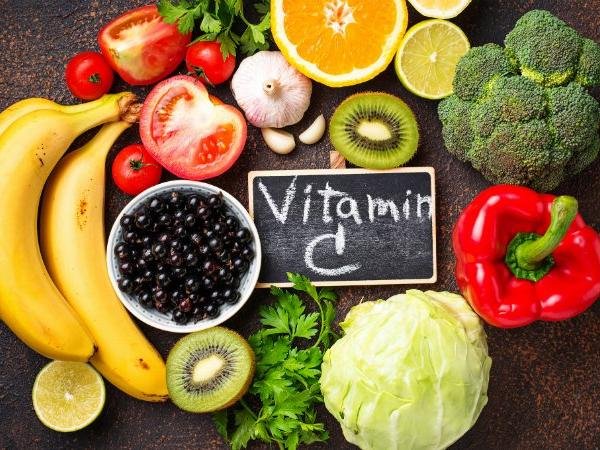Vitamin C is a water-soluble essential nutrient in humans. It is a regulatory molecule that plays an important role in making collagen, an important component in connective tissues. Connective tissues are essential for structure and support in the body, including the structure of blood vessels.
Vitamin C also has a role in infections, immunity, cardiovascular, skin, and renal health, as well as cognition, neurodegeneration, and aging. This article provides valuable updates on vitamin C in health and disease.
Deficiency and Risk Factors
Dietician (Dr) Shaffali Lakhanpal, MD, MSC(DFSM), Total Nutrition Diet Clinic, Jalandhar, explained, “Humans cannot synthesize vitamin C. It needs to come from external sources, especially from fruits and vegetables, or fortified foods. The deficiency of Vitamin C generally comes from an insufficient intake of Vitamin rich foods.
Further risk factors include restricted Vitamin C intake due to allergy, or decreased absorption due to older age”
Signs and Symptoms Of Vitamin C Deficiency
“If anyone has a deficiency of Vitamin C then symptoms start coming within 2-3 months. Primarily, this can be a generalized weakness, loss of hunger, weight loss, and bad temperament”, says Dr. Lakhanpal.
- Further, it may lead to anemia, muscle pain, bones pain, swelling, poor wound healing or people may have bleeding under the skin.
- Vitamin C also lead to oral diseases like gum diseases and loss of teeth
- Mental changes like mood changes and depression may occur.
- Vitamin C deficiency in a woman during pregnancy can lead to problems with fetal brain development.
Recommended Daily Intake Of Vitamin C
- Recommended daily dietary intake of vitamin C ranges from 40 to about 200 mg/day.
Infants and Children
- 0 – 6 months: 40 milligrams/day (mg/day)
- 7 – 12 months: 50 mg/day
- 1 – 3 years: 15 mg/day
- 4 – 8 years: 25 mg/day
- 9 – 13 years: 45 mg/day
Adolescents
- Girls 14 – 18 years: 65 mg/day
- Boys 14 – 18 years: 75 mg/day
Adults
- Men age 19 and older: 90 mg/day
- Women age 19 year and older: 75 mg/day
- Women who are pregnant or breastfeeding and those who smoke need higher amounts
Sources of Vitamin C
- All fruits and vegetables contain some amount of vitamin C.
- Green peppers, citrus fruits and juices, strawberries, tomatoes, broccoli, turnip greens, and other leafy greens,
- Sweet and white potatoes, cantaloupe, papaya, mango, watermelon, Brussels sprouts, cauliflower, cabbage, winter squash, red peppers, raspberries, blueberries, cranberries, and pineapples.








